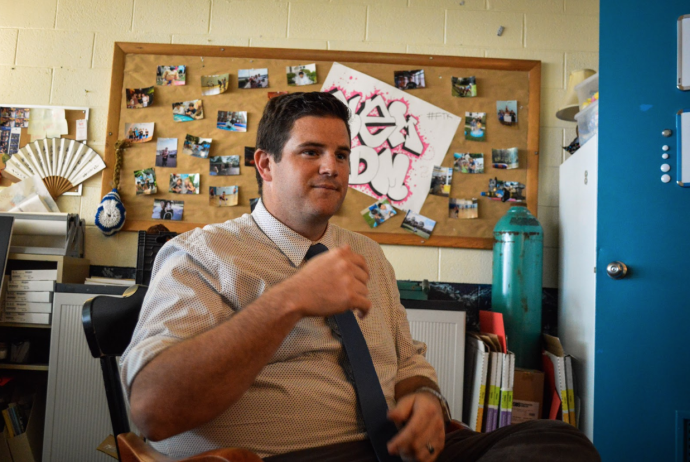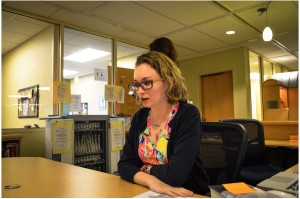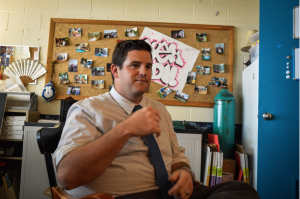The Day of Silence: My Experience on Being Silently Supportive
By Ally Sayed ’21
The GLSEN’s Day of Silence is an annual, student-led day to spread awareness about the effects of bullying on members of the LGBTQ+ community. Wyoming Seminary has taken part in the Day of Silence before, but April 12th, 2019, is the first time that I showed my support being silent. I will admit that I thought it was going to be easy, since I consider myself to be a quiet person. However, I could not have been more wrong.
Staying silent was difficult from the beginning of the day, and it only got harder as the day went on. As one would expect, I struggled to communicate without using my voice. There were times where I would forget about my vow to stay silent and started speaking, but I did my best to remain silent all day. The biggest struggle was trying to communicate with my peers. I did everything from using a pen and pencil to texting them, even while I was sitting right next to them.
After the day was over, I came to two major realizations. First, I learned that I take the opportunities I have to speak for granted. I have a voice that I can use to talk about my opinions and views, and I should be using that voice more often than I do. I couldn’t have realized this without staying silent. Second, I learned that feeling like you can’t speak, even though you have things to say, is one of the worst feelings in the world. It’s gutting knowing exactly how to express yourself, but not being able to do it. The fact that many members of the LGBTQ+ community have to face this feeling every day is terrible.
Many people who chose not be silent supported the day in other ways. A lot my peers showed their support by simply saying, “I support you,” or, “What you’re doing today is great.” The overall energy from the Sem community was embracing, and I hope that energy carries on beyond the Day of Silence.
Overall, the day effectively brought attention to the issue of bullying and harassment that the LGBTQ+ community faces. I hope everyone, whether they participated or not, can learn from the Day of Silence.



